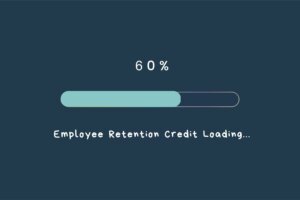In case you haven’t yet been there and done that, applying for and accepting a grant is the equivalent of signing a contract – in some cases there really is a contract.
The process is that grantors publish parameters for projects/programs they will fund, and you request funding for a project/program that is within their parameters.
If you are granted funding, it is understood and expected that said funding will support the project described in your proposal; and, that you will report back on how the grant was used and how it helped you to attain the goals stated in your proposal.
Some grantors require periodic (financial and activity) reports on the progress of the project for which they’ve provided the funding. Some don’t. In either case, you should take great care in preparing and submitting such reports, as they will look at the reports from your last grant, before providing new money.
You can improve your chances of being funded, but only if your applications go to the right funders … only if they contain the required information … only if you’ve provided the required follow-up information on prior grants … only if your programs meet the specific requirements outlined by those grantmakers.
And, btw, in addition to publishing guidelines describing who and what they will fund — a significant number of foundations specify who and what they won’t fund.
Know this, funders talk to each other. If you use your grants effectively, in the manner indicated in your proposals, then many grantors will let other foundations and corporations know that you are worthy. They will also pass the word if you are less than successful in meeting their requirements and your goals.
=-=-=-=-=-=-=-=-=-=-=-=-=-=
Have a question about starting or expanding your fundraising program? Email me at AskDCA@Major-Capital-Giving.com. With over 30 years of counseling in major gifts, capital campaigns, bequest programs and the planning studies to precede these three, we’ll work to answer your question.
 Sections of this topic
Sections of this topic















